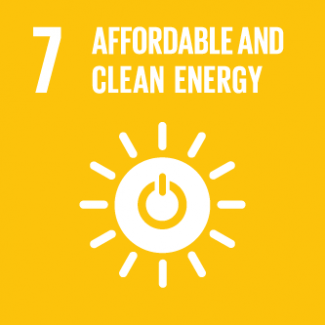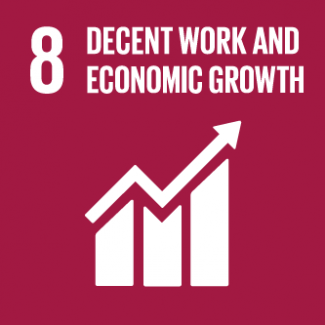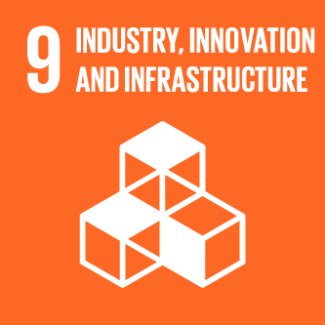There are approximately 83 million people living in extreme poverty in Nigeria with acute food insecurity, according to the National Bureau of Statistics. They spend over 25% of their income on fuels like charcoal, firewood, candles, kerosene and paraffin for cooking and lighting. Many health problems comes from the use of traditional biomass stoves: every year, 100,000 Nigerians, mostly mothers and their children, die from illnesses attributable to household air pollution. The use of firewood for cooking also generates significant deforestation.
Powerstove produces a smokeless cookstove that uses 70% less cooking fuel to cook foods five times faster than traditional stoves, and self-generates electricity. It uses Internet of Things (IoT) and mobile phone technology to allow beneficiaries to receive remittance of carbon credits based on Powerstove usage of up to 120 USD per annum directly into their mobile money account. Furthermore, this has led to increase in cookstove usage among families, which are now able to save money from alternative inefficient and costly cooking fuel, saving up to additional 300 USD per year. The system also produces wood pellets from sawdust that are 80% cheaper than charcoal, firewood and kerosene. Powerstove also offers Solar Home Systems (SHS) which deliver both clean cooking stove and a home lighting technology for the price of one. The business model allows users to pay instalments namely through 'Pay As You Cook', 'Rent-to-Own' and 'Savings-to-Own' consumer finance schemes. With Powerstove, users can pay for one product with dual benefits (cooking and electricity), instead of buying SHS and clean cookstove separately.
Since 2018, Powerstove has raised 450,000 USD in multiple equity rounds and received over 150,000 USD in grants from awards and challenges, which allowed them to sell 5,000 stoves with its annual revenue reaching 430,000 USD in 2020. The enterprise has prevented 85 kiloton CO2 emissions, created 100,000+ jobs and improved 36,000+ livelihoods, and its technology impacts positively women and girls who traditionally are in charge of cooking and collecting wood. Powerstove is seeking to scale by fully equipping a new factory to produce at peak capacity of 25,000 units of stoves monthly, increasing the workforce and expanding its markets to Lagos and Kano in the short-term, and Cameroon, Zimbabwe and East Africa in the medium-term. It is also planning to access foreign markets leveraging new investments to build economies of scale and establish local manufactures. To finance this growth, Powerstove is looking to close a seed round with 1,000,000 USD in equity and 1,000,000 USD in debt.
This case study is sourced through the Growth Stage Impact Ventures (GSIV) initiative by the SDG Finance Geneva Summit organised by UNDP. Powerstove is one of 12 finalist mature impact ventures in emerging countries with a catalytic potential that can drive both large impact and yield.



















